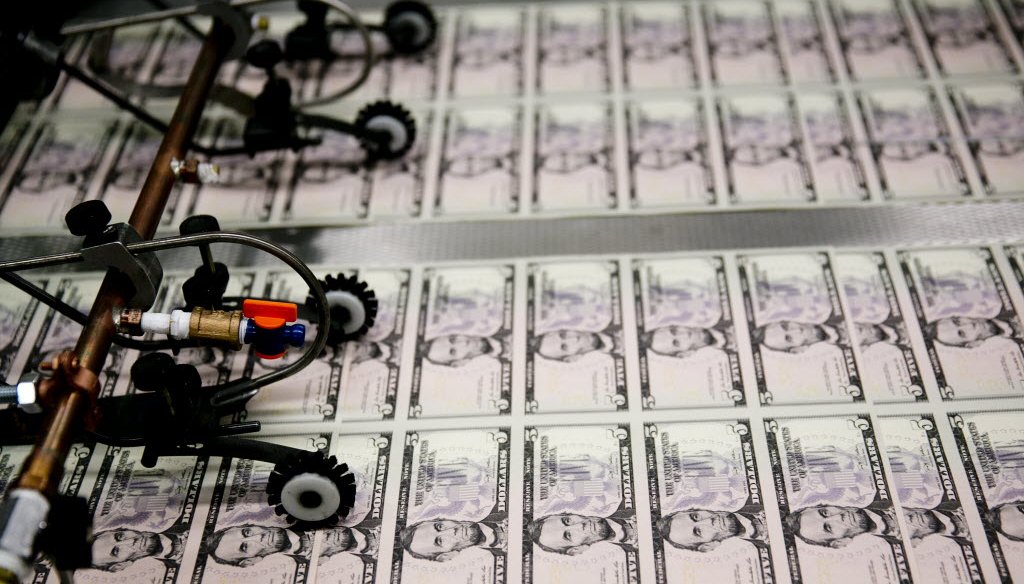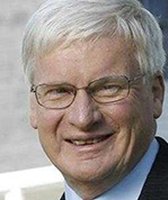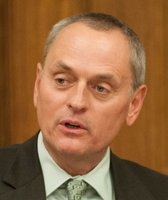Get PolitiFact in your inbox.

Gov. Scott Walker says Wisconsinites are paying lower taxes. His challenger, Mary Burke, says Walker's tax moves favor the rich. (Bloomberg photo)
How much Wisconsinites have, and will, pay in taxes has been fertile ground for statements made by Mary Burke and Gov. Scott Walker during the 2014 gubernatorial campaign.
Here's a look at how we've rated claims by each candidate.
* * *
Wisconsin is "not a high tax and fee state." When you look at "all the money state and local governments bring in" from residents, "we're more in the middle."
-- Mary Burke, Jan. 19, 2014 speech
Half True: Burke’s careful wording signals she meant the combination of taxes and fees raised by the state and local governments in Wisconsin, not taxes alone. By one widely used measure, Wisconsin was very close to middle of the pack -- just a shade over the national average with a ranking as low as 19th -- when we rated this claim. By another, we remained significantly above the national average, with a ranking around 15th.
* * *
"Thanks to our reforms, the average family will have an extra $322 to spend."
-- Scott Walker, in a Sept. 18, 2014 TV ad
Mostly True: Using some solid sources, the governor accurately pegs the combined estimated savings for a median-income family from his income- and property-tax cuts. The claim needed clarification, though, because not every average family is in circumstances to receive a cut of that size, particularly if they are not property owners.
* * *
Says Scott Walker cut "taxes for the wealthiest" and raised taxes "on 140,000 Wisconsin families."
-- Burke, Sept. 11, 2014 TV ad
Half True: Walker cut taxes for wealthier residents and raised taxes for people on the lower end of the scale. But he also made tax cuts that applied across the board.
* * *
"Once our Blueprint for Prosperity is signed into law, we will have delivered $2 billion" in tax relief.
-- Walker, March 4, 2014 interview
True: Some of that was best guesswork, but estimates from multiple sources -- including the nonpartisan office used by the Legislature -- confirmed the figure was right around that number.
* * *
"The next state budget will begin with a surplus of over half a billion dollars -- $535 million to be exact."
-- Walker, Oct. 17, 2014, in a debate
False: That rosy number flew in the face of the official estimate that uses a long-established method used by members of both parties, and the governor’s budget office. By that method, there is a projected $1.76 billion deficit heading into the 2015-’17 budget.
* * *
The projected $1.8 billion state budget shortfall for 2015-’17 "actually comes from an assumption based on zero growth. That just doesn’t happen."
-- Walker, Oct. 17, 2014, in a debate
Mostly False: The calculation is based on zero growth in revenue coming to the state, so there’s an element of truth in Walker’s claim. But his main point was to make the zero-growth assumption seem unrealistic, and on that he misfired. Recent history, including one year under Walker, shows that negative or flat growth is not uncommon.
Also in this series: Education, jobs, wages and income , business growth, higher education and miscellaneous items.
Our Sources
PolitiFact Wisconsin items as noted











































